What prevents inheritance
There are 3 cases in which the inheritance is prevented, murder a killer can't inherit their victim, Having a different belief, or being a slave.Inheritance is a critical issue in Islam that is described clearly.

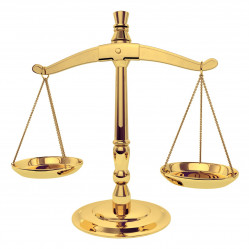
There are 3 cases in which the inheritance is prevented, murder a killer can't inherit their victim, Having a different belief, or being a slave.Inheritance is a critical issue in Islam that is described clearly.

The heirs are 9 types of male relatives and 6 types of female relatives receiving different shares of heritage according to the status of the deceased and his relationship with the heirs as discussed in the article.

Offences are a crime committed against a person, or property or honor and it requires a mandatory punishment equal to the harm caused to the affected person ,either fine or compensation and even execution .

Committing a murder or killing someone without a lawful cause is strictly forbidden in Islam as stated in Quran. Killing is categorized into three types; deliberate, semi-deliberate and accidental.

Deliberate killing is a major sin, if the killer is a sane adult fulfilling 3 murder conditions he should be subjected to retribution of death as Qisas unless the victim's family forgives or accepts indemnity.

A qisas punishment is enforced in case of offences causing physical injury based on the Qur’an, the Sunnah and unanimity of scholars. Such Offences are of three categories.
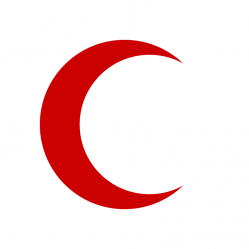
There are 2 categories of wounds, to the face and to the rest of the body. There are 10 degrees of the 2 categories. It is left to the judge to determent the due compensation.
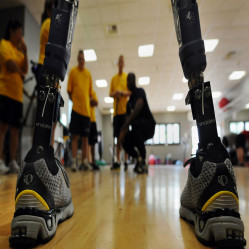
There are 3 categories of the offence causing a limb loss, deliberate, semi-deliberate and accidental. Qisas is applicable to the deliberate category only if 3 conditions are observed.

Qisas cannot be applied in case of losing a bodily organ, instead the victim has to be paid indemnity. If the loss cannot be assessed, the punishment is determined by a judge.

Diyah or indemnity is the money given to the victim or to his immediate family due to an offence. Its payment is a duty based on the Quran, Sunnah and unanimity of scholars.

If an offence is deliberate and led to death, the indemnity should be given by the offender. If the offence is accidental, it is payable collectively by the offender’s relatives.

The important point when imposing a punishment is to be a deterrent, courts assess the indemnity payable according to the extent of the damage caused and suffering of the victim.
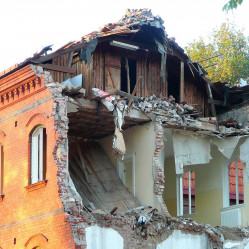
The rule on semi-deliberate killing or manslaughter falls in between deliberate and accidental killing. The offender is to pay indemnity from his wealth to the victim's family.
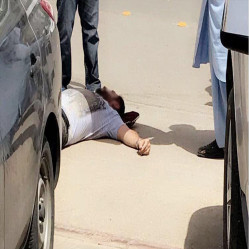
Accidental killing does not incur a punishment in the hereafter, while the ruling in this life is that indemnity is payable by the offender and his relatives in of 3 years.

There are 3 kinds of oaths: Idle oaths which are not accountable, confirmed ones which are accountable, and false oaths which are cardinal sins and cannot be atoned for.

Atonement for oaths can be done by feeding 10 poor people, giving each of the 10 people a garment, or to set a slave free. If not attainable, the swearer should fast for 3 days.

The atonement of an unfulfilled oath is a must if it is a valid one, done deliberately and the swearer did not do what he swore to do, provided that he did not make an exception.

A Nadhr is a pledge to do something for God’s sake, a Muslim is encouraged to do good deeds without making pledges, but if he makes a Nadhr he must fulfil his commitment.

Any pledge to do something forbidden must not be fulfilled, such as pledging oneself to drink wine, making pledges to dead people or making pledges to glorify a grave or an object.

Hudud are punishments for encroaching on the limits set by God, their legitimacy is based on the Quran, Sunnah and unanimity of scholars such as adultery and theft punishments.
Sorry, You must be logged in. Use link below to log in or sign up Sign in
